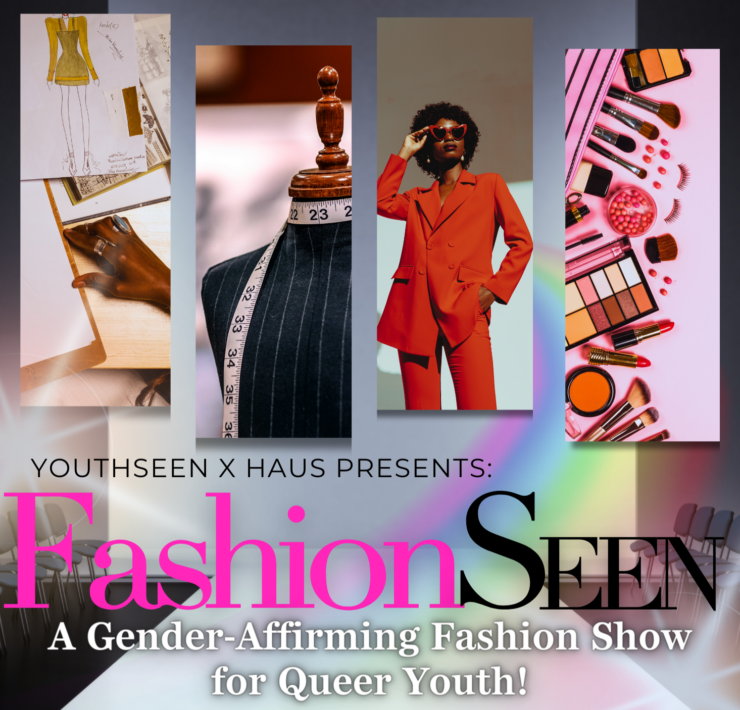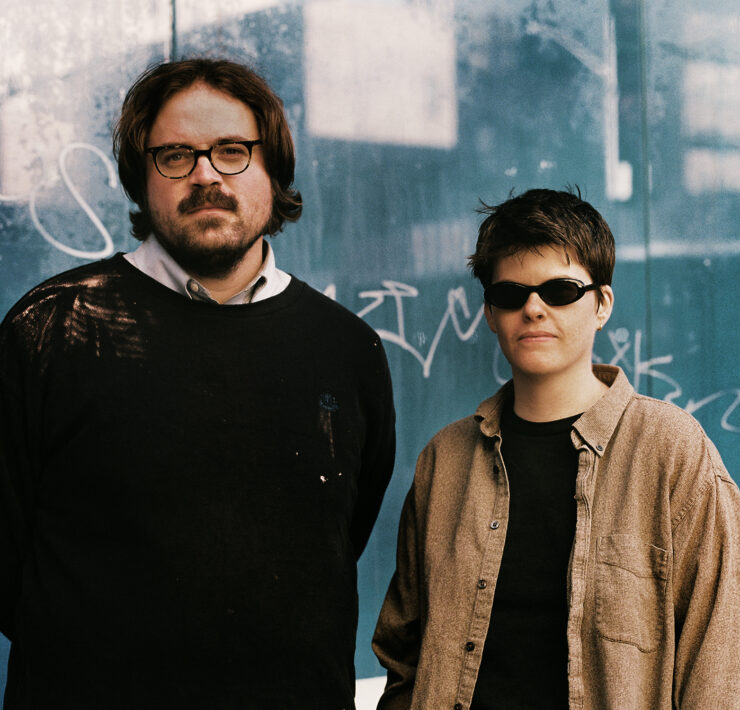Not With a Bang But With a Slam: A Spotlight on One of Colorado’s Youngest Activists

Listening to Ayla Sullivan’s poetry is a raw and incredibly emotional experience. The first time I heard one of their poems, dealing with intersectional identity and how it can be so painful and so uplifting all at once, I cried.
While not all of Sullivan’s poetry evokes such pain or melancholy, it is always powerful and has something to say. For this, and much more, they were selected as the 2017 Denver Youth Poet Laureate.
Hailing from the “elite slums of suburban Aurora,” Sullivan discovered the power of art early on. They always wrote as a child, originally finding themselves drawn to short stories and fiction. This interest shifted entirely once they reached middle school.
In seventh grade, their language arts teacher showed them slam poetry videos on YouTube, and it changed everything.
“I fell in love with Watsky and Sarah Kay, so I started emulating them,” Sullivan remembered. A year later, they first read a piece to a live audience at a theater cabaret.
What really pushed Sullivan into pursuing performance more actively was encouragement from their best friend, Alia Bradshaw. After transferring to a regular public school from an arts high school, Sullivan met Bradshaw and their friendship blossomed. It was Bradshaw who first told the young poet that their poetry was good, and that they should be showing it off more publicly.
“Our generation will be pivotal for change because we can see the disease, name it, and eventually say ‘here’s the solution.’ We’re seen as vapid in a world that’s trying to kill us, and too sensitive because we have language for things that didn’t exist before.”
Spurred on by Bradshaw’s faith in them, Sullivan competed in a slam at the Mercury Café in Denver—and won.
The momentum behind their poetry only increased from there. In 2015, they won the Grand City Slam, which got them into Denver’s youth slam poetry group, Minor Disturbance. Since then, they have competed in Atlanta and Washington D.C. The other people in this group allowed Sullivan to find a community and build the relationships that would help them to become a better artist and ultimately, the Denver Youth Poet Laureate.
“I didn’t think I’d make it to eighteen,” Sullivan said. “But I did, and I know others like me who are still here.” For these youths, poetry became a way to keep going despite the traumas they had in their pasts. “Slam is always trying to find ways to help you heal.”
Live poetry performance requires the poet to put their experiences into the world through spoken word. Saying it makes it real. While this can often put people in a potentially triggering position, it also gives them the language and opportunity to work through issues artistically.
Slam poetry spaces became areas of support and discovery. There, Sullivan was able to explore their identities and gain language that they had never had access to before to describe their experiences. It was through poetry and their involvement in the slam scene that Sullivan found language for what they were and weren’t in regards to gender and sexuality. They went from feeling that there was something wrong with them and that every “straight girl” felt this way, to realizing that they were not straight or a girl. Slam helped them discover that people all over the world have these exact same feelings, and that poetry can express them in a way that other mediums cannot.
Sullivan’s art is intricately connected to their activism.
“Poetry says ‘no’ to hiding. You have to speak your truth and find empowerment within it,” they said. “I can’t see activism without artistic intent. When you’re interacting with art, you have to suspend your disbelief because you become an active listener. When you’re waiting for a story to finish, you’re more willing to be a part of something. Art asks us to participate in and protect story.”
The empathy required to engage with art goes hand in hand with the empathy needed to understand the struggle of a group outside your own. Narrative is how Sullivan believes we can further our activism.
In their current office as the Denver Youth Poet Laureate, Sullivan works to promote literacy and find ways to best lift the youth voice. For them, that means promoting voices that normally go unheard. They love teaching because they get to listen and speak, so they get to actively participate in the learning.
“Teaching lets you talk about your narrative and how it intersects with narratives of other people in the city. The intersections make it easy to see how you can support all of these stories.”
When asked about the future they’d like to see, Sullivan said they would like to see one where truly everyone has a narrative that is valued and people are more empathetic to each other and can be moved by story.
As they see it, this can only be accomplished by doing the work to rid our society of the oppressive structures of white supremacy and gender. The government, art spaces, and educational system need to be radically re-worked with these goals in mind.

“I want a future where youth feel empowered as soon as they enter the world. They need to be given language. Thirteen to fifteen-year-old kids in the poetry scene already know that they’re trans, or have bodies that are targets, because poetry gave them access to the language to understand those realities.”
Despite knowing that they may not be be taken seriously because of their age, these kids are able to keep moving forward because they have the grades and language they need to overcome those kinds of barriers.
By investing in our youth, Sullivan hopes that we will eventually become a generation that has elders to turn to in the future. Thanks to the momentum that the queer community has lost since the ‘80s, we lost our resources, primarily those who fought to get us where we are now.
“We have to work for ancestors, because currently we don’t have any.”
The way Sullivan sees it, youth are the answer. “I know I have some ideas about how to move forward, and I know other young people do too. If enough youth have a few ideas on how to move forward, then we have a menu of options.”
We can create this menu by fostering the voices of young people and giving them access to the language needed to develop their ideas into something tangible.
“We have to keep putting in the work, because no one else will do it,” Sullivan siad. “I’m more than happy to keep educating because, while it’s exhausting to keep having to highlight issues that queer and trans people of color only see, it’s the only way we can get people with privilege to self-educate and self-motivate.”
By raising awareness around these issues, Sullivan hopes that one day people like them won’t have to. This is another arena where they see the most hope coming from our youth.
“Our generation will be pivotal for change because we can see the disease, name it, and eventually say ‘here’s the solution.’ We’re seen as vapid in a world that’s trying to kill us, and too sensitive because we have language for things that didn’t exist before.”
This isn’t a lack of depth or heightened sensitivity; this is progress. By expanding our understanding and pushing for that understanding to reach as many people as possible, we can create real change.
Ayla’s first year as the Youth Poet Laureate is coming to a close, but you can be sure their activist and artistic work will continue well into the future. They are currently finishing working towards a double major in theater and english education at CU Boulder while performing and doing educational work in their free time. You can read their work on TheirSaltWaterFlesh.tumblr.com.










